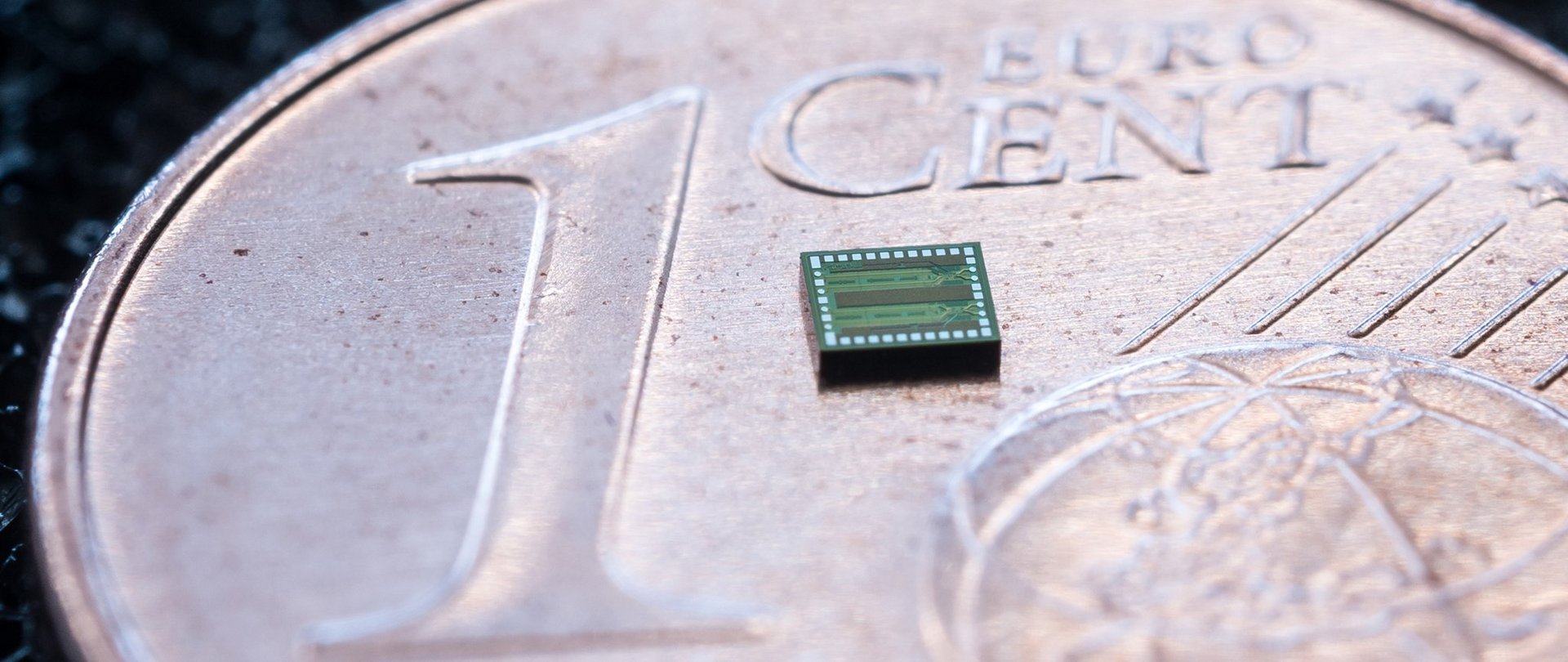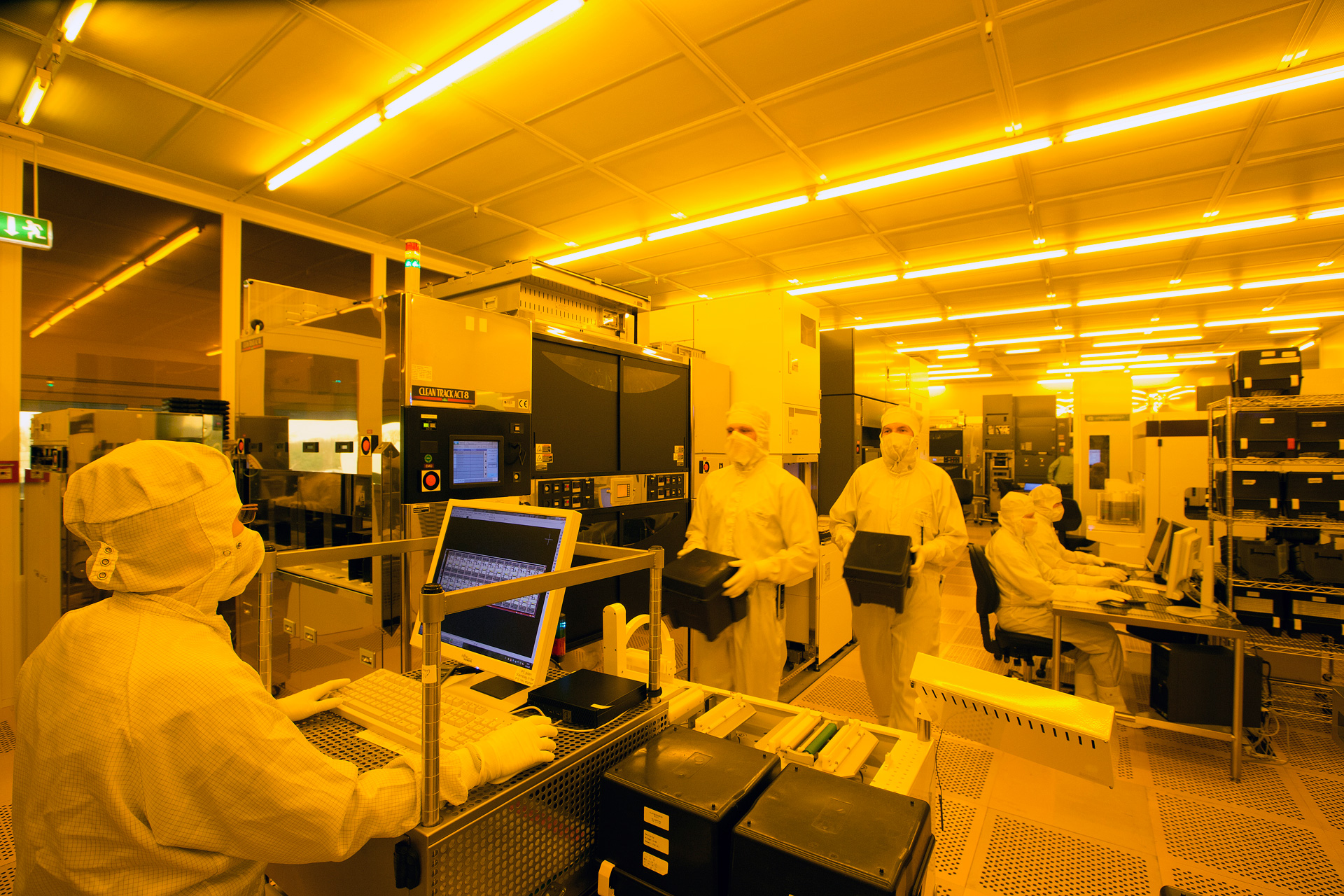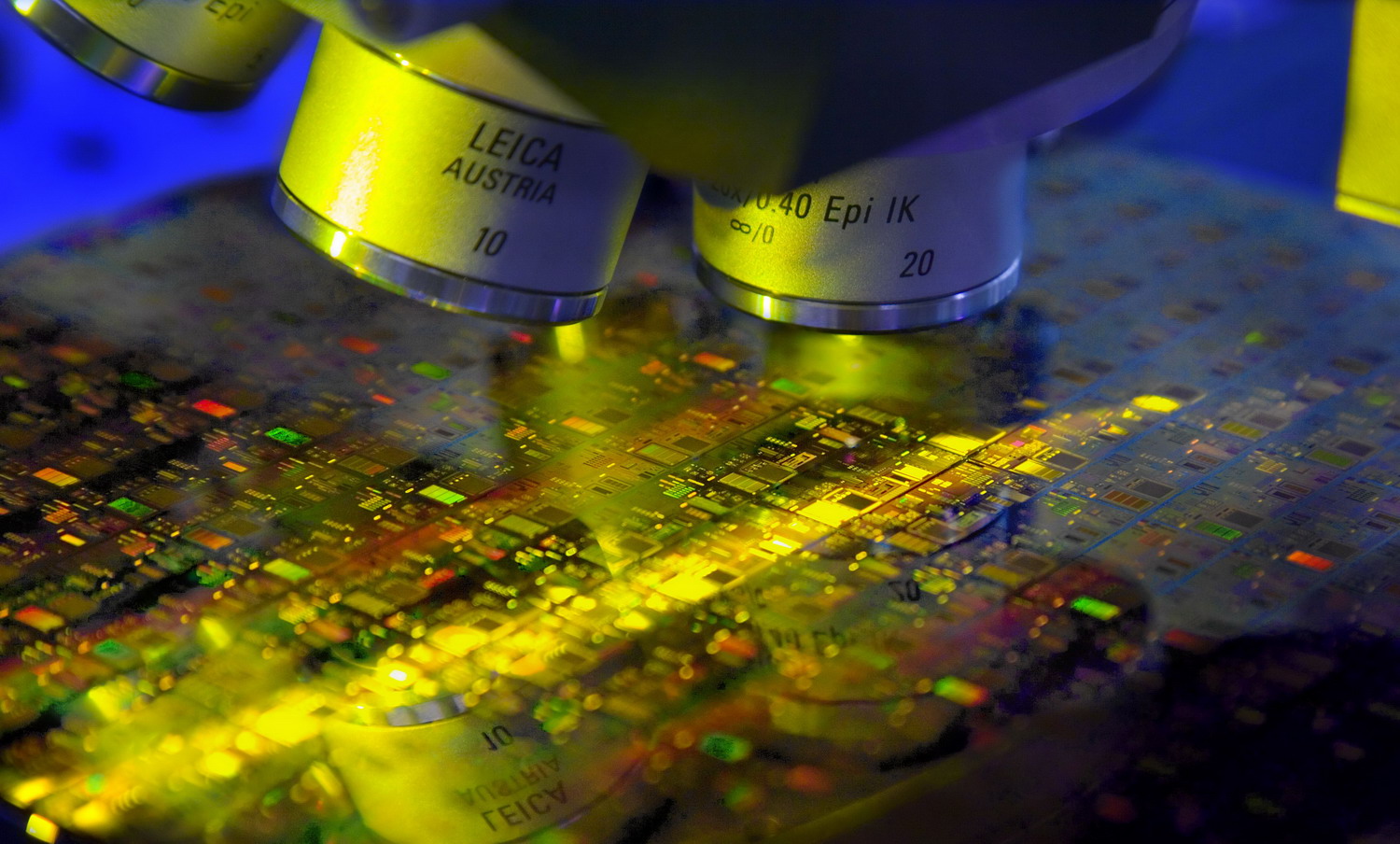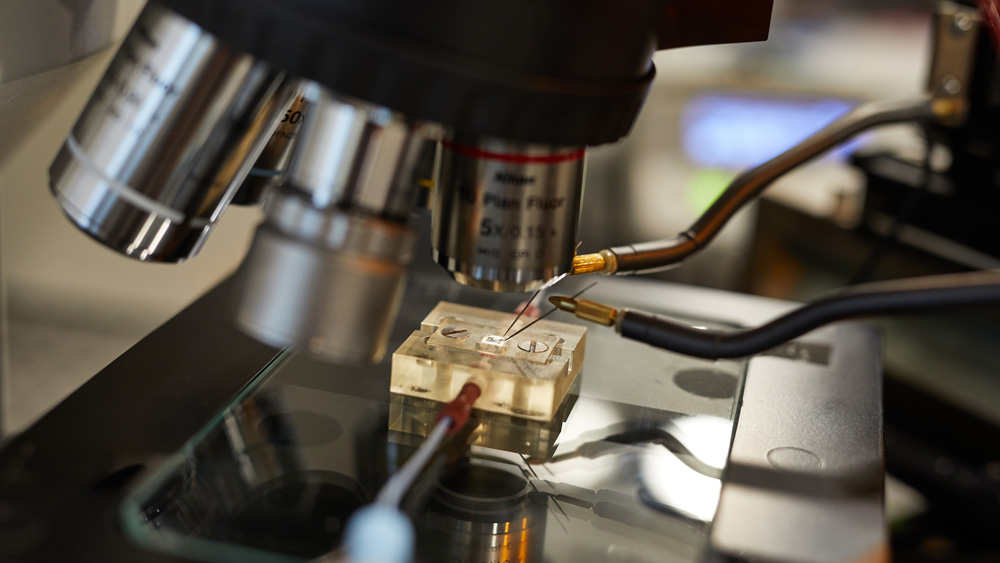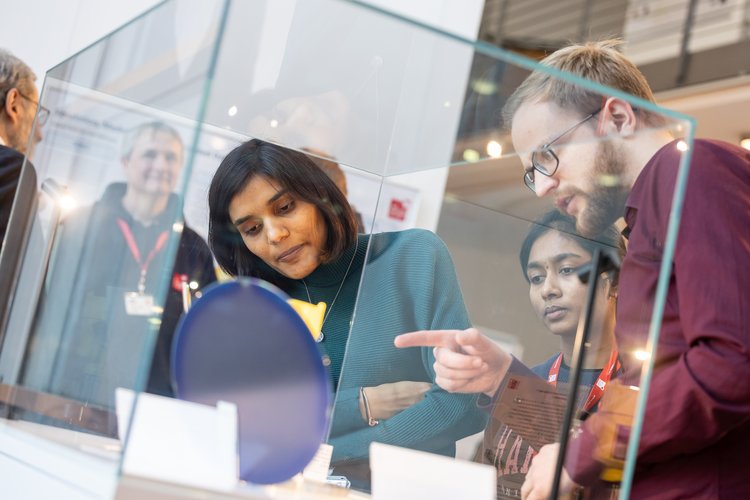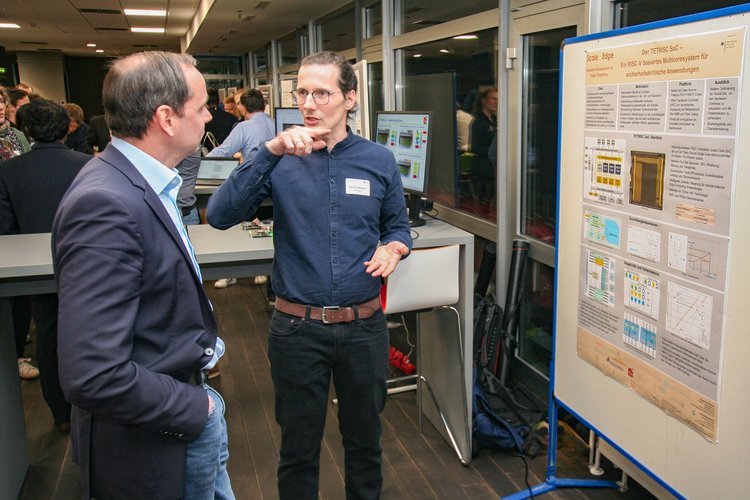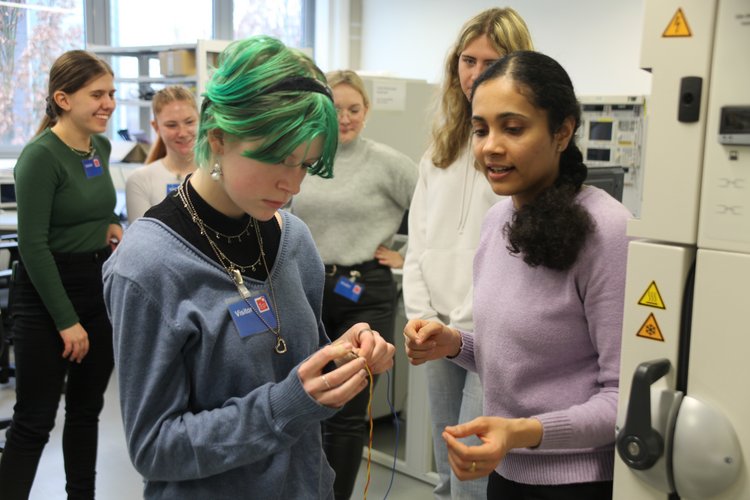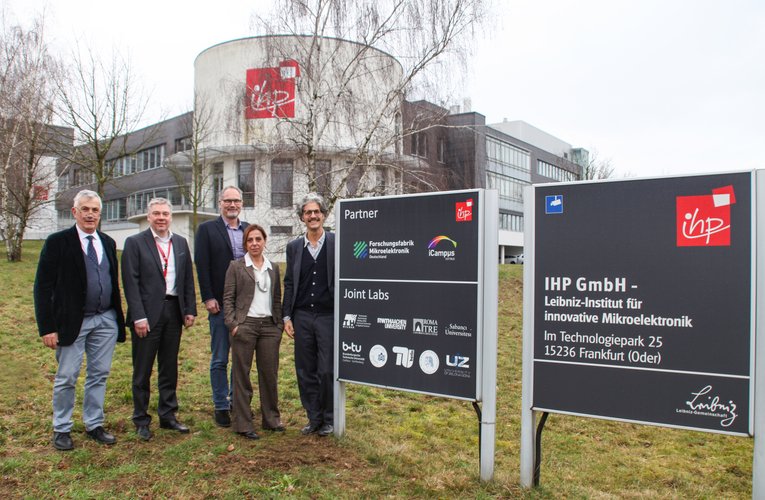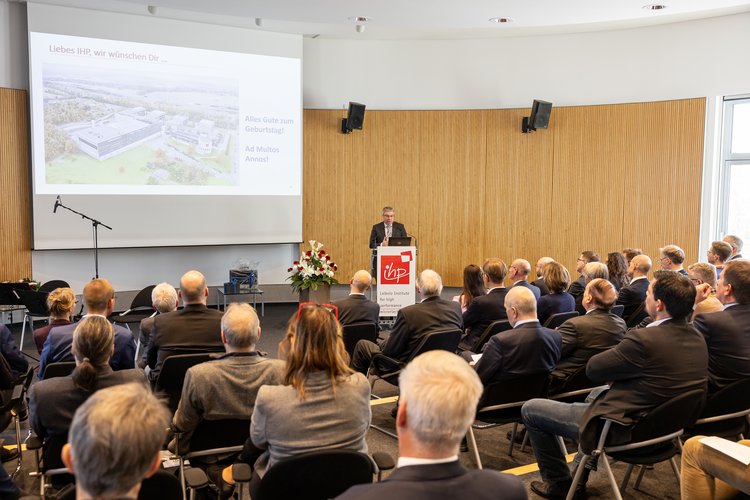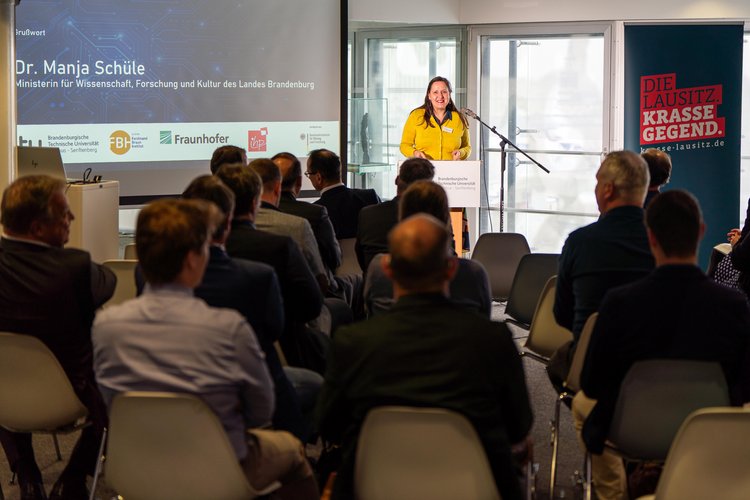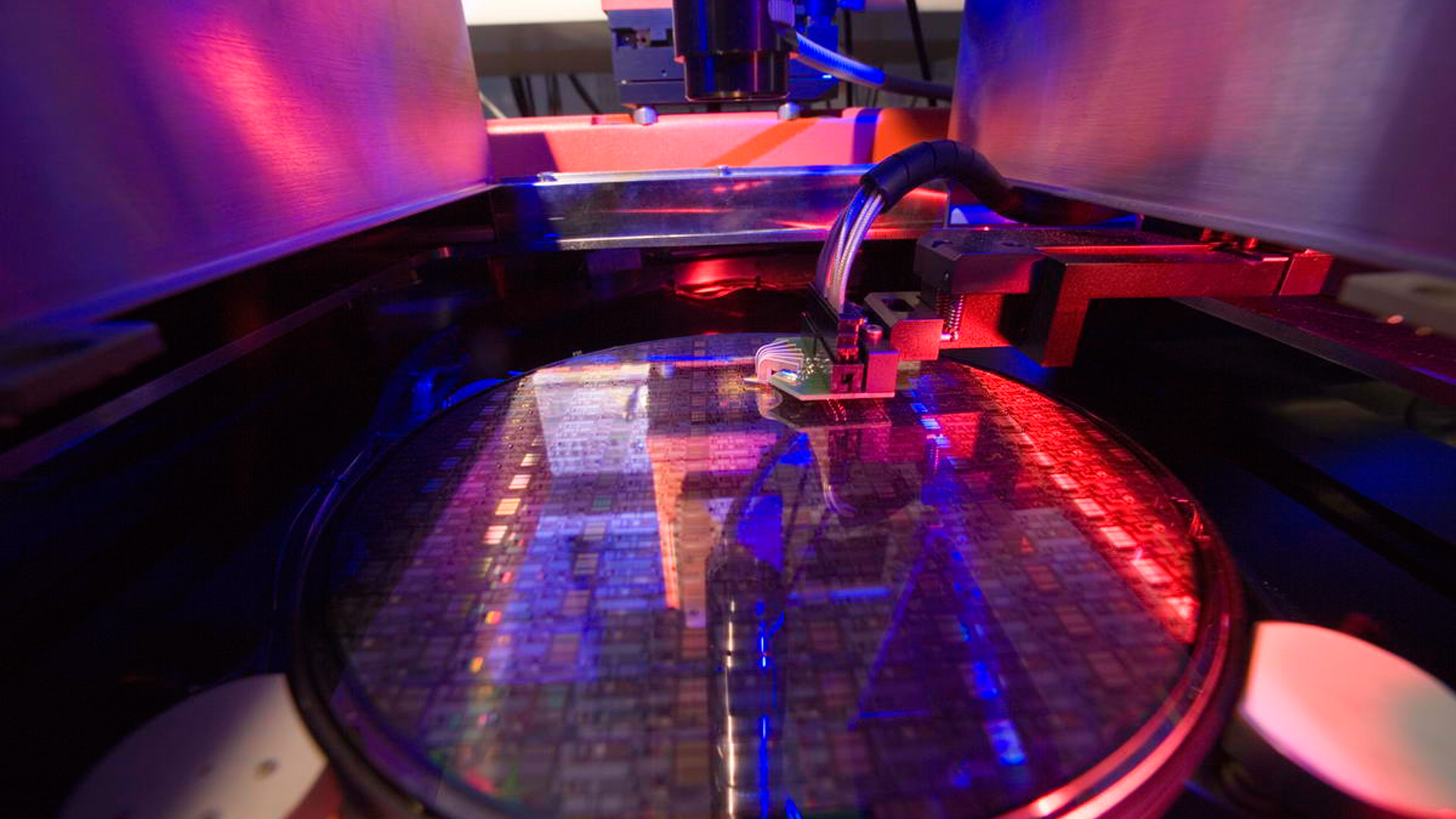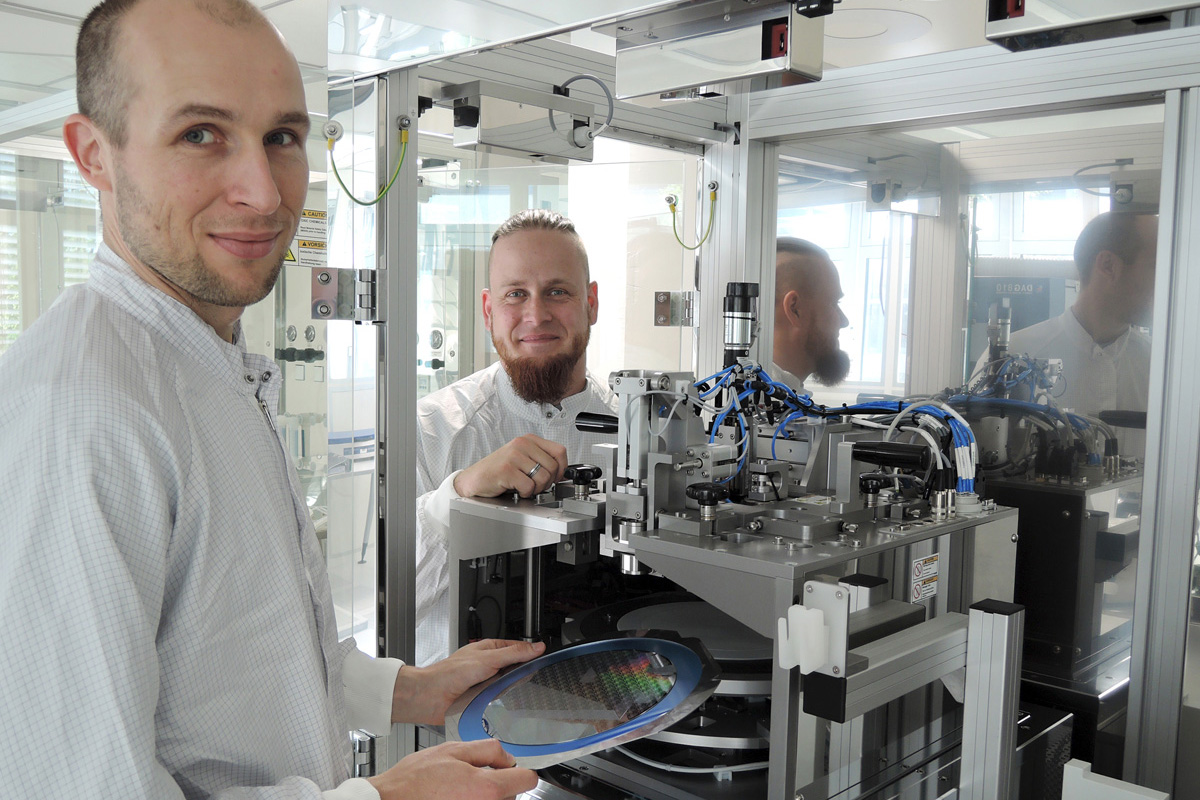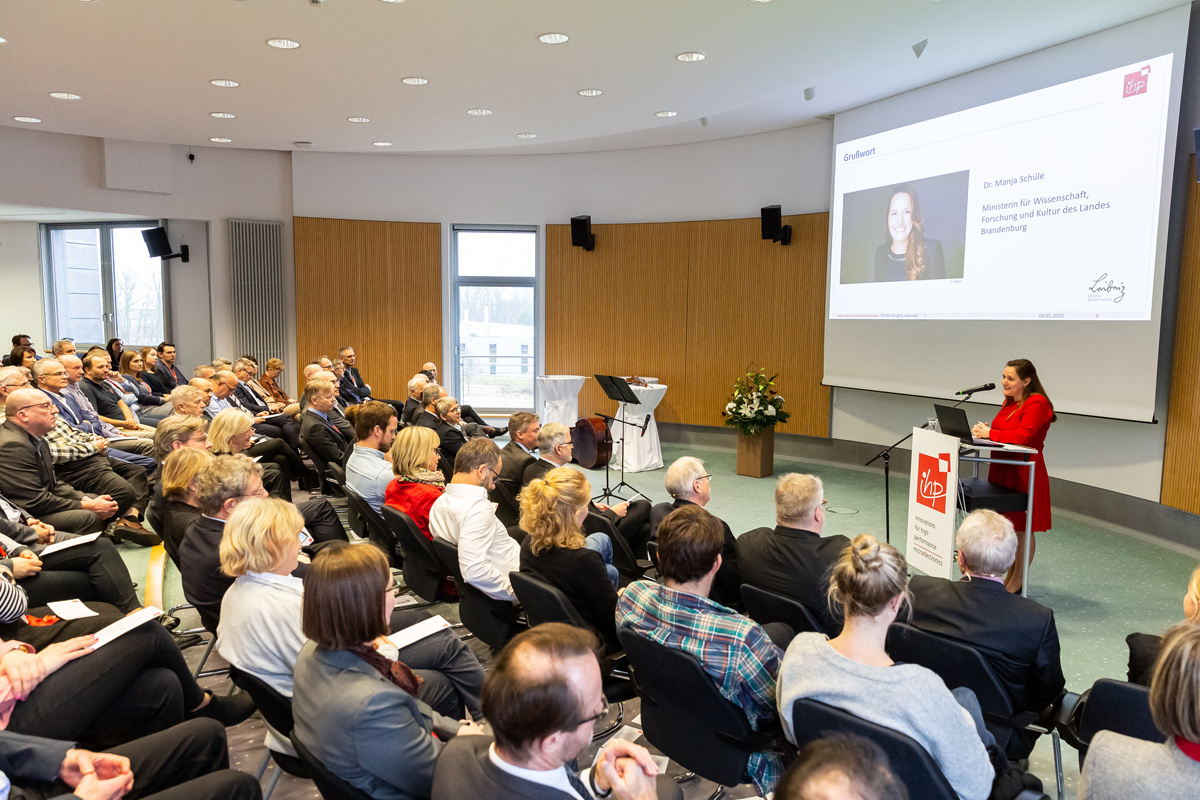Leibniz Institute for High Performance Microelectronics
The Leibniz Institute for High Performance Microelectronics (IHP) is the worldwide leading competence center for silicon-germanium technology.
We conduct cutting-edge research and development into silicon-based systems, high-frequency circuits and technologies for wireless and broadband communication. As a transition between basic research and application-oriented applications, the institute makes significant contributions to the innovative strength and ability of Germany and Europe as a location.
The IHP's research focuses on economically relevant topics that are used in:





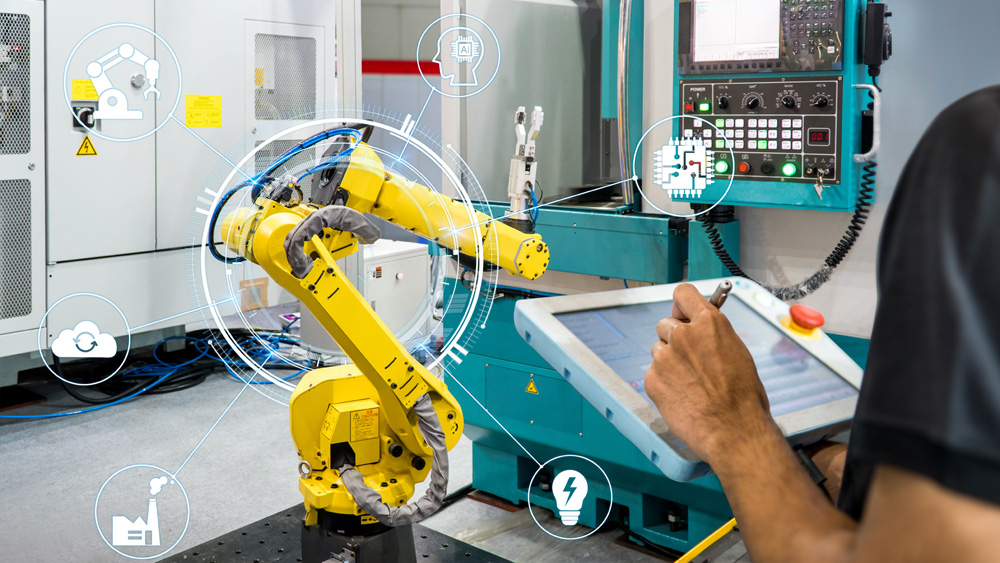
Fields of Activity
News
IHP presents results at iCampµsCottbusConference (iCCC2024)
From May 14 to 16, 2024, research institutions and companies will discuss and develop new project ideas: The first iCampµsCottbusConference (iCCC) provides the frame-work for technological innovations to advance the structural change in Lusatia. The iCCC2024 is organized by the "Innovationscampus Elektronik und Mikrosensorik" (iCampus).
Scale4Edge enters second project phase: Fault-tolerant system presented at the kick-off meeting
Future-proof specialised processors with a focus on hardware for edge applications and AI processors for the automotive sector were on the agenda of the joint event of the KI-Mobil, KI-Power and Scale4Edge projects. The kick-off event in Kaiserslautern in mid-February heralded the start of the second project phase.
Empowerment through Science: Girls discover Microelectronics and Physics
Introducing young women to science in general and to microelectronics and physics in particular was the aim of two events recently held at the IHP to mark the "International Day of Women and Girls in Science". IHP invited around 40 schoolgirls from Frankfurt (Oder) and Słubice.
IHP opens Joint Lab with the University of Roma Tre
The joint research of IHP and Roma Tre University has reached a new level. On February 22th, the Joint Lab on "Intelligent electro-optical sensing" was officially opened. Prof Paolo Visca and Prof Alessandra di Masi came to Frankfurt (Oder) for this occasion.
40 years of IHP in Frankfurt (Oder)
IHP celebrated its 40th anniversary with a ceremony on 30 November 2023. Dr Manja Schüle, Prof Jörg Steinbach, Dr Jens Brandenburg and the Lord Mayor of the City of Frankfurt (Oder), among others, gave welcoming speeches. The event was rounded off by two entertaining science slams and discussions about current IHP research.
Ceremonial kick-off for structural change project OASYS
The project "Optoelectronic Sensors for Application-oriented Systems for Life Sciences and Intelligent Manufacturing – OASYS" celebrated its official launch at a festive kick-off event at the IKMZ of BTU Cottbus-Senftenberg. The project is being funded with 12.5 million euros by the Federal Ministry of Education and Research.


